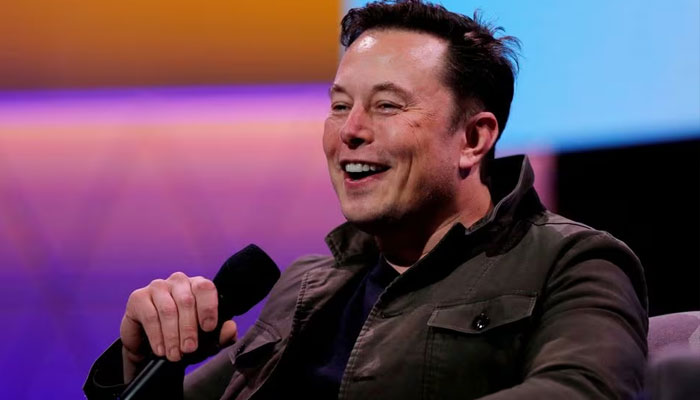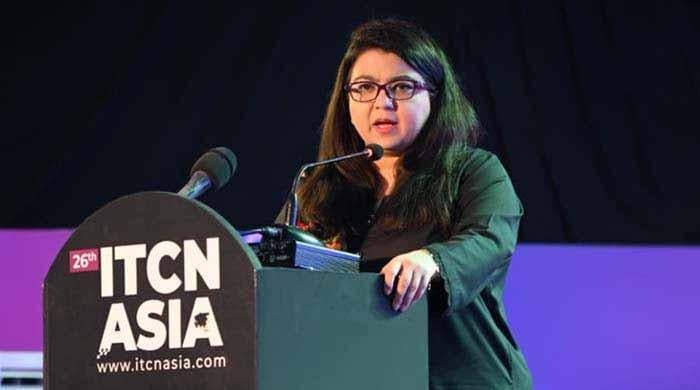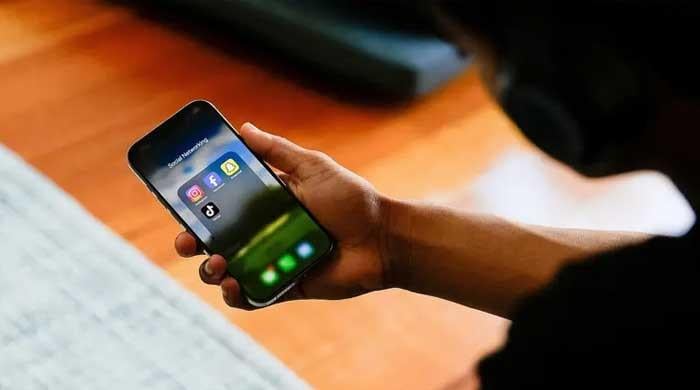Neuralink's brain-chip allows patient to control mouse through thought: Musk
Neuralink successfully implanted the chip in its inaugural human patient last month
February 20, 2024

Neuralink's founder, Elon Musk, revealed that the first human patient implanted with the company's brain chip has not only fully recovered but can now control a computer mouse using their thoughts, Reuters reported.
Musk shared this exciting development during a Spaces event on the social media platform X, expressing satisfaction with the progress and stating, "Progress is good, and the patient seems to have made a full recovery, with no ill effects that we are aware of. The patient can move a mouse around the screen by just thinking."
Neuralink, having received approval for human trial recruitment in September, successfully implanted the chip in its inaugural human patient last month. The process involves a robot surgically placing a brain-computer interface implant in a brain region controlling the intention to move.
Initially designed to enable individuals to control a computer cursor or keyboard through thoughts, Musk envisions broader applications, aiming to use the technology for conditions like obesity, autism, depression, and schizophrenia.
While the promising developments mark a significant step forward, Neuralink has faced scrutiny over safety protocols, with the firm recently fined for violating US Department of Transportation rules regarding the movement of hazardous materials.
Despite challenges, the success in enabling thought-controlled mouse movements hints at the transformative potential of Neuralink's technology in reshaping the future of medical interventions.









